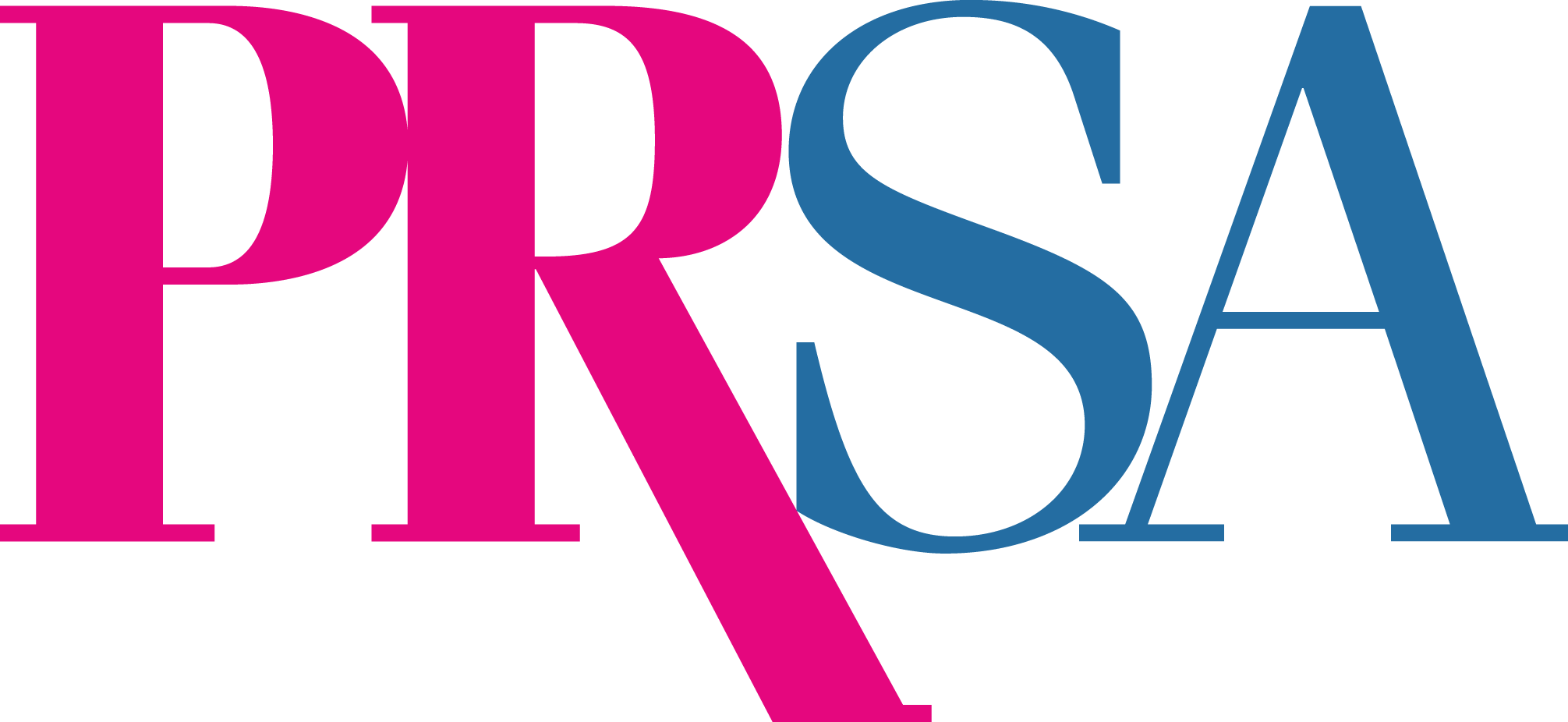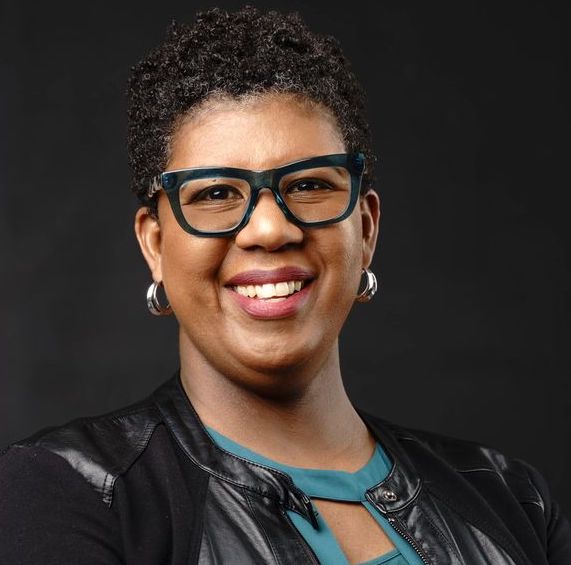How This Dallas Agency Is Reshaping Its Work Culture
By Bernadette Adams Davis, APR and Thomas Bennett III, MBA
August 2021
When Stan Richards, founder of the Dallas-based advertising agency The Richards Group, made racist comments about a proposed ad campaign last fall, the fallout was swift and devastating.
Many large companies pulled their business, including Home Depot and Keurig Dr Pepper, while some of the 700-plus employees left the agency.
Richards resigned as a result in October, but the employees who remained faced a stiff challenge: how to rebuild the business while fostering a welcoming culture of diversity and inclusion.
Several Richards Group team members spoke on the topic “Forging a New, Inclusive Path Forward” at an event in June presented by PRSA’s Dallas Chapter.
Remembering the ‘gut punch’
Trent Walters, principal for brand management at The Richards Group, remembers the “gut punch” he felt upon hearing that Richards had criticized a Motel 6 ad campaign as “too Black” and alienating to the motel chain’s “significant white supremacist constituents.”
Walters took the weekend to process his feelings about the incident before returning to the office the following Monday.
“I think a lot of times we respond so quickly out of emotion as opposed to taking a step back and thinking through some things, and so I wanted to make sure I did that,” Walters said.
He ultimately decided to stay with the agency, but some colleagues chose to leave, as did many of the agency’s biggest clients.
Greg Miller, principal for public relations at The Richards Group, said there were many difficult conversations with clients in the days following the founder’s comments.
While employees were navigating the fallout, they also began planning for the future.
“One of the things that we were very conscious of was the experiences that people were having at the agency,” Walters said.
Incorporating new DE&I policies
Work had begun on incorporating DE&I policies prior to Richards’ comments, but the controversy pushed those efforts to the front burner.
“We also needed to make sure that we had a more comprehensive approach so that the people who came were having better experiences than what we were hearing,” Walters said.
The agency began developing a four-pronged approach to DE&I: Attracting, recruiting, onboarding and retaining diverse talent.
The Richards Group began working with Do What Matters, a consulting group that specializes in DE&I. In addition, they began looking for someone to fill the role of chief talent and culture officer, eventually hiring Nikki Wilson.
They wanted someone who would focus on more than DE&I, Miller said.
“We needed to hire someone who was focused on our people, from a full-on, totality standpoint, focused on our people and making sure they had the best work experience of their careers at The Richards Group, because when people are having a great experience the creative product improves for our clients,” Miller said.
Working with Do What Matters helped The Richards Group see the importance of incorporating inclusion into every aspect of agency life, Walters said.
With that approach, “our thinking becomes inclusion-first thinking. Thinking about hiring, it’s inclusion first, thinking about new policy, it’s inclusion first. Making sure the employee experience is taken care of,” Walters said.
The Do What Matters team suggests looking at solutions rather than the problem, Miller said. Training has already begun and will continue through the rest of the year.
“Right now, we have been focusing on making sure the people understand the importance of inclusion first,” Miller said. “A lot of the training thus far has been sort of holding a mirror up real quick to say, ‘This is why these types of things happen, and this is why inclusion is going to be the approach that we take,’ so everyone is aligned as the training gets further along.”
Deciding the best way forward
For her part, Nikki Wilson, whose background is in human relations and labor relations, has conducted an engagement survey and is exploring policies and procedures, as well as company culture, to help The Richards Group decide the best way to move forward.
An important component of the job, Wilson said, “is being a really good active listener around, ‘What are those pain points?’ as well as really understanding some of the culture, and what things we really like about the culture. What do we want to keep? What do we want to abandon? I just want to come in with my inclusion lenses on and look at what are the policies, what are the processes.”
It’s an unusual approach, Miller said, because advertising agencies are so focused on their clients and the work that they rarely look inward. Wilson can view the agency with an objective eye and point out the changes that are needed.
Inspiring new talent
Going forward, Miller said, the agency will explore different types of approaches to the work that he hopes will inspire the new talent coming aboard.
“We’re adding diversity of thought, background, age,” he said.
Career-path mapping, helping employees look at their futures and planning where they want to go, is one idea that’s under exploration.
Another new initiative that will launch soon is a reverse mentorship program, in which senior leaders will be paired up with younger employees in an effort to “infuse that younger perspective, that new-generation perspective into some of our senior leadership,” Walters said.
The path to change over the past several months hasn’t always been seamless, but as the team has made mistakes, those errors have offered learning opportunities, Miller said. And a nice bonus is that some employees who left the agency in the wake of Stan Richards’ comments have returned.
It’s an ongoing process, Wilson said, and accountability is a key piece of that.
“We’re developing key metrics so that we can understand if we’re moving in the right direction, are we moving the needle? That is what’s going to hold us accountable,” Wilson said. “So we’re still developing some of that with the Do What Matters and the internal leadership team. But definitely, we’ve got to hold ourselves accountable, we’ve got to be about what we say we’re about, and that’s the journey we’re on.”




.jpg?sfvrsn=af46e6f0_2)